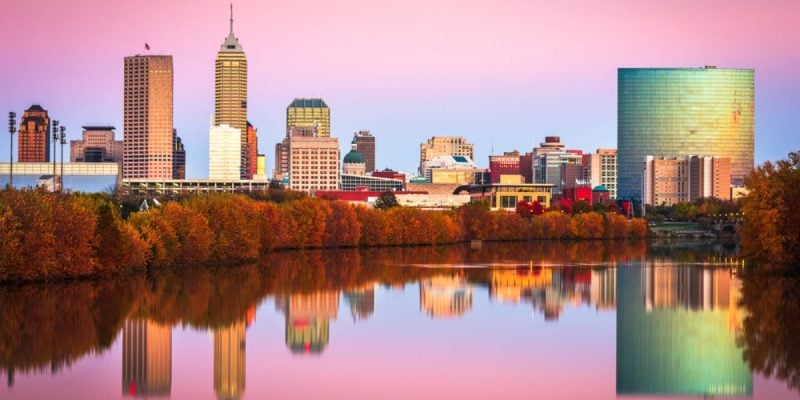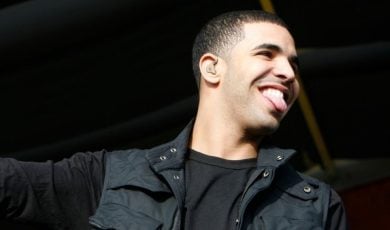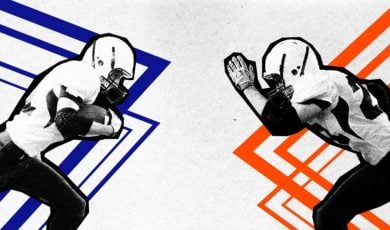Indianapolis officials plan to publicly pitch a proposal for a downtown casino after months of private discussions about seeking a state license for the city.
They say the project could boost tourism and sports development, generating hundreds of millions in annual gambling and tax revenue, according to a new state‑commissioned study.
City officials see casino revenue funding tourism, sports projects
Officials hope casino revenue will fund investments in the city’s tourism and sports ecosystem. A study by Philadelphia‑based Spectrum Gaming Group found relocating an existing casino to Indianapolis could generate about $170 million in annual gambling tax revenue and more than $490 million in gross revenue. The report identified downtown Indianapolis as the top site and northeast Indiana — including Auburn — as a leading relocation candidate, projecting about $204.3 million in gross annual revenue and $61.1 million in state tax revenue.
Sources said the push has support from Mayor Joe Hogsett’s administration and a bipartisan group of lawmakers, including Republican Sen. Aaron Freeman. A spokesperson for Hogsett confirmed officials “have been in discussions on this subject since the end of the legislative session” in April.
“The city will continue to engage community stakeholders and assess the viability of this potential development,” the spokesperson said, “and will remain in conversations with the Indiana General Assembly should they decide to move this proposal forward.”
House Speaker Todd Huston, R‑Fishers, told the Indianapolis Business Journal he doesn’t believe central Indiana needs another casino.
Leaders narrow search for Indianapolis casino sites
Discussions have focused on two downtown locations. The first is six acres of parking lots along South Street between Lucas Oil Stadium and the Indiana Convention Center. The second is a portion of Pan Am Plaza, initially set aside for a 600‑room Hilton hotel expansion that has been indefinitely delayed.
The South Street site is larger and considered more suitable, as most Indiana casinos’ gaming floors range from about 31,000 to more than 200,000 square feet on a single level. The land is owned jointly by the state and the Capital Improvement Board of Marion County, requiring coordination for development.
The Pan Am Plaza site could use the southeast portion or, less likely, demolish the 12‑story tower to make room for a casino. Other potential sites, such as Union Station or the USPS facility, present challenges related to size, historic preservation, and owner interest.
State legislators split on downtown casino proposal
The proposal coincides with Full House Resorts’ ongoing efforts to relocate its Rising Star Casino from the Ohio River to Fort Wayne, near Interstate 469. That $500 million plan would have generated $204 million in annual revenue and $61 million in taxes but died in committee without a vote. A 2015 attempt to relocate a casino license to Indianapolis International Airport as part of a $650 million retail and casino project was also abandoned.
Sen. Freeman argued that Full House should be allowed to move its license, noting Rising Star Casino has among the lowest revenues in the state. He said the discussion should not be limited to that property. According to Freeman, the state could issue a new license for Indianapolis while Full House places a casino in northeast Indiana.
“If the goal of our gaming operation is revenue to the state of Indiana, it is an abject failure that there is not a casino in downtown Indianapolis,” Freeman said.
State Sen. Greg Taylor and State Rep. Greg Porter, both Democrats, expressed support for a downtown casino. Porter noted the Republican-controlled General Assembly may be hesitant, especially with Democratic leadership advocating the proposal.
“The lawmakers at the Statehouse on West Market Street are always trying to regulate what happens on East Market Street,” Porter said, referring to the City-County Building. “This is gonna be a long process.”
House Speaker Huston, whose district borders Anderson and Harrah’s Hoosier Park Racing & Casino, said, “I believe the Indianapolis market is already adequately served by the current gaming facilities. I do support exploring a new gaming license in northeast Indiana and the economic development opportunities it could bring to the region.”
A recent statewide poll found 67 % of voters oppose legalizing Indiana online casino gambling, signaling public caution about expanding gambling even as discussions over physical casinos continue.
Full House Resorts renews effort to relocate gaming license
Freeman and other local officials say the Legislature should consider the proposal seriously.
“This could very much help the city of Indianapolis and the CIB,” Freeman said, referring to the Capital Improvement Board, which operates the convention center, Lucas Oil Stadium and other downtown facilities. “Our city needs money, and I think the state partnering with the city could do a lot of good here.”
The Indianapolis Colts plan to discuss Lucas Oil Stadium upgrades as part of lease negotiations. The city also seeks state funding for a proposed soccer-specific stadium on the east side of downtown. Supporters say casino revenue could help fund both projects amid budget constraints.
The CIB called a downtown casino “an intriguing idea” with potential benefits for tourism and conventions. Visit Indy, the nonprofit that markets the city, will discuss the proposal at its board executive committee meeting Nov. 19.
“Over the last 20 years, this idea has surfaced a handful of times, and each time we’ve had a healthy discussion,” said Chris Gahl, Visit Indy executive vice president.









